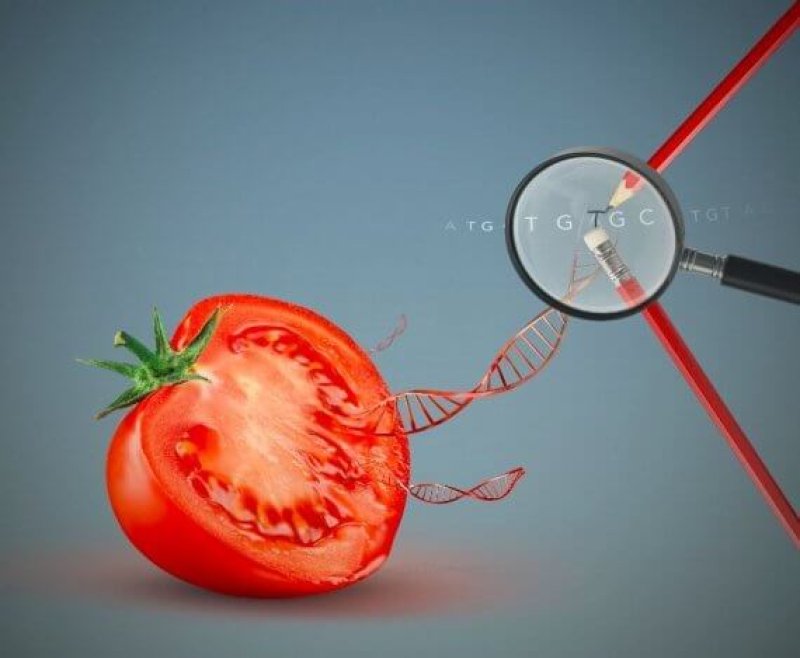Gene editing, like genetic modification, is a technology that has attracted a fair amount of skepticism from European regulators and citizens. However, proponents argue that it will be an invaluable tool in the construction of a future-fit food system. FoodNavigator speaks to Dr Oliver Peoples, CEO of Yield10 Bioscience, about changing attitudes to the science.
Yield10 Bioscience develops new technologies to increase crop yield in support of a more sustainable food system.
…
Dr Peoples also suggested that attitudes towards the use of science in food are being shaped by external events.
…
“For millennials, climate change and sustainability are their key decision drivers and they are more open to technology in general. Many are not vested in the anti-GMO falsehoods which sustained the entire careers of anti GMO activists before evolving into a negative marketing tool. We’re living in a time where consumer decisions are driven by their social, economic, environmental and health interests.”
The current coronavirus crisis – the first global pandemic since the 1918 Spanish flu – has led to people feeling ‘threatened physically and economically by the COVID-19 virus’. This, too, is making people more open to science-based solutions.































